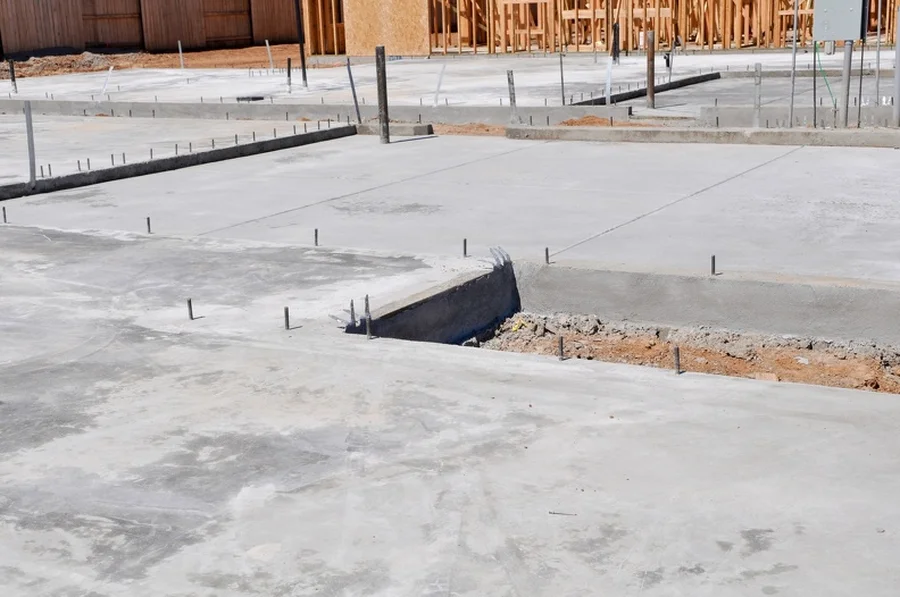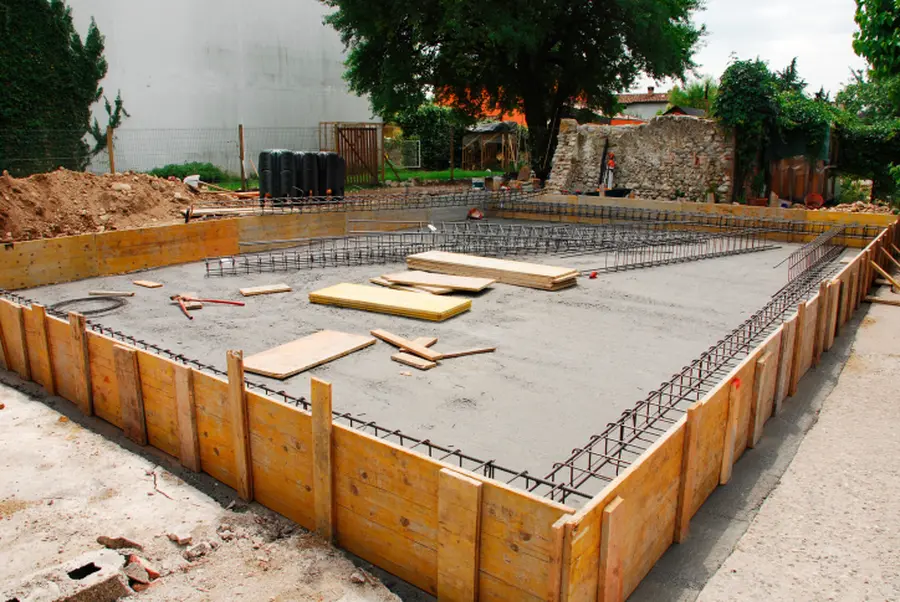An Insight Into the Fundamental Aspects and Techniques
Concrete construction projects are integral to building infrastructure, providing strength and durability to structures. These projects range from residential homes to large commercial buildings and bridges. Understanding the basics of these projects is crucial for anyone involved in construction, architecture, or engineering. This guide explores key aspects, benefits, and challenges associated with concrete construction work, helping you grasp what makes these projects unique.
The Importance of Concrete Projects
Concrete plays a vital role in construction due to its versatility and long-lasting nature. It is used to create everything from pavements to skyscrapers. The material’s ability to withstand environmental factors like weather and wear makes it ideal for various applications. With such widespread use, understanding the different types of concrete and their applications becomes essential for any construction project.
Benefits of Using Concrete
Concrete offers numerous advantages that enhance its appeal. It provides exceptional strength, which is why it’s often chosen for load-bearing structures. Additionally, concrete’s resistance to fire and water damage adds to its safety features. Another benefit is its low maintenance requirement over time, ensuring cost-effectiveness throughout a structure’s lifespan.
Common Challenges in Concrete Projects
Despite its advantages, there are challenges that come with using concrete. One common issue is cracking, usually caused by improper curing or temperature fluctuations. Additionally, the heavy weight of concrete can sometimes limit its use in certain architectural designs. Understanding these challenges helps in planning and executing successful concrete construction tasks effectively.
Overcoming Challenges With Expert Solutions
Tackling the hurdles faced during concrete construction requires informed solutions. To prevent cracks, experts recommend consistent moisture levels during curing. When weight is a concern, lightweight concrete mixtures may be used. Using high-quality materials and adhering to proper mixing techniques also play a significant role in minimizing issues.
Best Practices for Successful Outcomes
- Ensure proper curing by maintaining adequate moisture levels
- Select quality materials suited to specific climate conditions
- Use admixtures to enhance concrete properties
- Consult professionals for design and structural advice
- Implement regular inspections and maintenance programs
Industry Standards and Compliance Requirements
The success of a concrete project heavily depends on compliance with industry standards. These standards ensure that materials used meet safety and performance criteria. Adhering to regulations about mix ratios, reinforcement placements, and curing times ensures the durability and integrity of the structure.
Cost Considerations in Project Planning
Budgeting effectively is critical in any construction project, including those involving concrete. Costs include materials, labor, permits, and equipment rentals. By choosing the right type of concrete mix and considering future maintenance costs, companies can optimize their budget while ensuring high quality.
Your Path to Concrete Success
Mastering the basics of concrete construction projects equips you with the knowledge needed for successful project execution. Whether you’re dealing with homes or bridges, understanding material selection, handling challenges, and adhering to industry standards will lead your ventures toward success. For comprehensive services in Clayton, DE, reach out to Partners Concrete LLC. Contact us today at (302) 513-4498 for expert guidance tailored to your needs.

